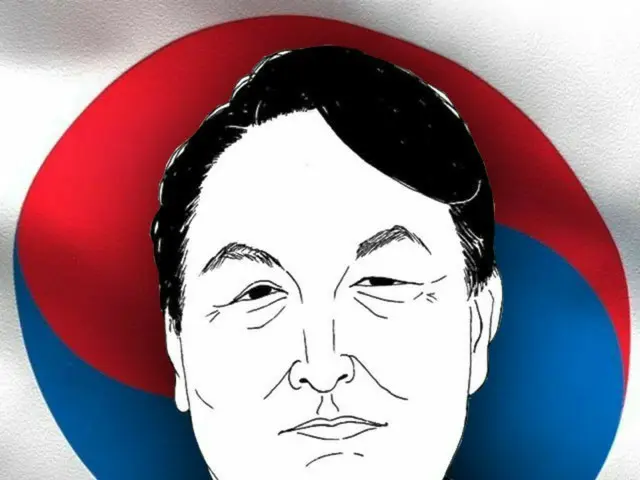At 5 p.m. on the 14th, the National Assembly held a plenary session and passed the motion to impeach President Yoon with 204 votes in favor, 84 against, 3 abstentions, and 8 invalid votes.
The bill passed. In addition to the 192 opposition lawmakers, at least 12 ruling party lawmakers are believed to have voted in favor. The last time an impeachment bill against a sitting president was passed in the National Assembly was in 2014 when Roh Moo-hyun was in office.
This is the third time that the impeachment bill has been passed, following former President Moo Hyun and former President Park Geun-hye. At 7:24 pm on the same day, the impeachment bill resolution was delivered to the presidential office, and the supreme command of the military and the promulgation and rejection of the bill were announced.
President Yoon's powers as president, including the right to rule in power and the right to foreign affairs, have been suspended until the Constitutional Court issues a ruling on his impeachment. Prime Minister Han Deok-soo will assume the presidency until the Constitutional Court makes a decision.
The South Korean National Guard also established a dedicated security force for Acting President Han and upgraded the level of security to that of the president. However, he will maintain his presidential status until the Constitutional Court makes a decision.
Therefore, President Yoon will be able to continue to receive his salary, except for security, ceremonial, and business promotion expenses. In a statement to the nation prior to his suspension, President Yoon said, "I will be retiring for a while.
"However, we must never stop the journey toward the future that we have walked together with the people over the past two and a half years. I will never give up," he said, adding, "I will cherish all the criticism, encouragement and support I have received."
"I will do my best for the nation until the very last moment," he said in his statement. This is being interpreted as meaning that he will take an active defense in the impeachment trial at the Constitutional Court.
The president is expected to remain in the government and consider a strategy for the impeachment trial.
President Yoon's future fate will be decided by the investigative authorities and the Constitutional Court.
Under the South Korean constitution, the incumbent president cannot be criminally prosecuted while in office, but there are exceptions for crimes of treason and foreign exchange. If six or more judges in the Constitutional Court support impeachment, President Yoon will be removed from office.
Three of the nine seats on the Constitutional Court are currently vacant, but the National Assembly plans to expedite the process of appointing the three new judges. According to the Constitutional Court Act, the Constitutional Court must reach a final decision within 180 days of accepting a case for review.
The opposition party has declared emergency martial law, banned National Assembly activities, and deployed martial law troops to the National Assembly and the Central Election Commission, which is an attempt to overthrow or disable constitutional institutions.
They claim that this constitutes a constitutional disturbance, or in other words, a civil war. The police and an investigative headquarters made up of high-ranking public officials have already teased a forced investigation into President Yoon.
The presidential office claims that the emergency law is merely an "act of governance" by the president and does not constitute a civil war.
In a statement, he said, "The President's exercise of the power to declare a state of emergency is an act of governance that is not subject to judicial review, like the exercise of the power of pardon or the exercise of diplomatic powers," and "emergency measures intended to save the country are not intended to destroy the country."
"As many constitutional scholars and legal experts have pointed out, treating the current martial law measures as an act of rebellion would seriously endanger the Korean constitution and legal system," he said.
President Yoon has maintained that the appointment was merely a "warning" to the National Assembly. The presidential office is preparing to appoint legal representatives, including former Korea Communications Commission Chairman Kim Hong-il, in preparation for the investigation into the civil unrest and the impeachment trial.
Preparations are underway, and it is said that President Yoon himself may personally draft the brief for the hearing. However, it is unclear whether the Constitutional Court will accept such legal theory.
The Supreme Court ruled that if the declaration or expansion of emergency martial law was intended to violate the Constitution, it would be subject to judicial review, and in its ruling, former President Chun Doo-hwan and former President Roh Tae-woo
The court decided on punishment for each of the suspects.
2024/12/15 07:04 KST
Copyrights(C) Edaily wowkorea.jp 107

